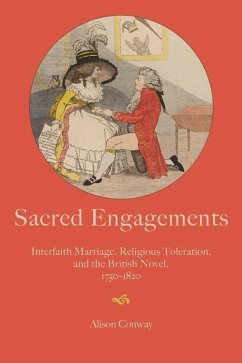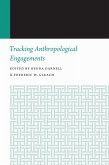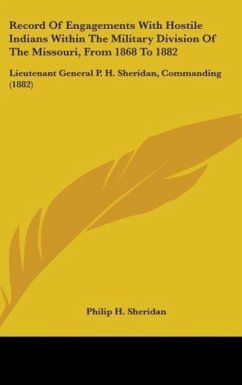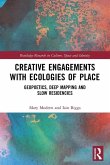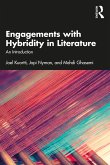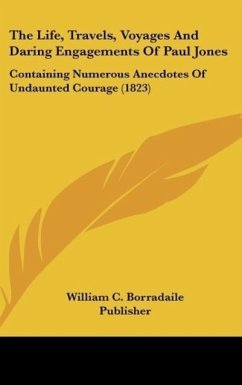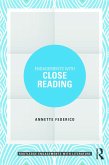"The marriage plot is a ubiquitous theme across the history of the novel, beginning from the earliest examples of long-form prose published in the eighteenth century. What Sacred Engagements brings to this well-trodden area of literary studies is a unique feminist perspective on the relationship between fiction and interfaith marriage during a moment of broader cultural discourse about religious tolerance in England. Conway reads quite broadly for the marriage plot, including among her readings novels by Samuel Richardson, Frances Brooke, Elizabeth Inchbald, and Maria Edgeworth in which minor characters marry outside of their own religious institution, or the novel's hero and heroine have a failed courtship and do not marry by the novel's end. Her intervention at the nexus of literature and religion is also unique; existing studies in this subfield often focus on a particular religious sect and literary representations of it, whereas Conway reads for relationships forged across religious boundaries. While a political history of England in this period reveals a partial picture of how tolerance came to be during the Enlightenment, Conway's study of the novel shows a more nuanced story about the challenges of peaceful coexistence through its representations of interfaith marriage. By foregrounding women's right to liberty of conscience, interfaith marriage counters the privatization of religious affect and the naturalization of women's subordination in marriage. The interfaith marriage plot invites us to review the terms governing our narratives of marriage and community, and the ethics of sociability that sustain them, both in relation to the history of the novel and to our contemporary moment"--

